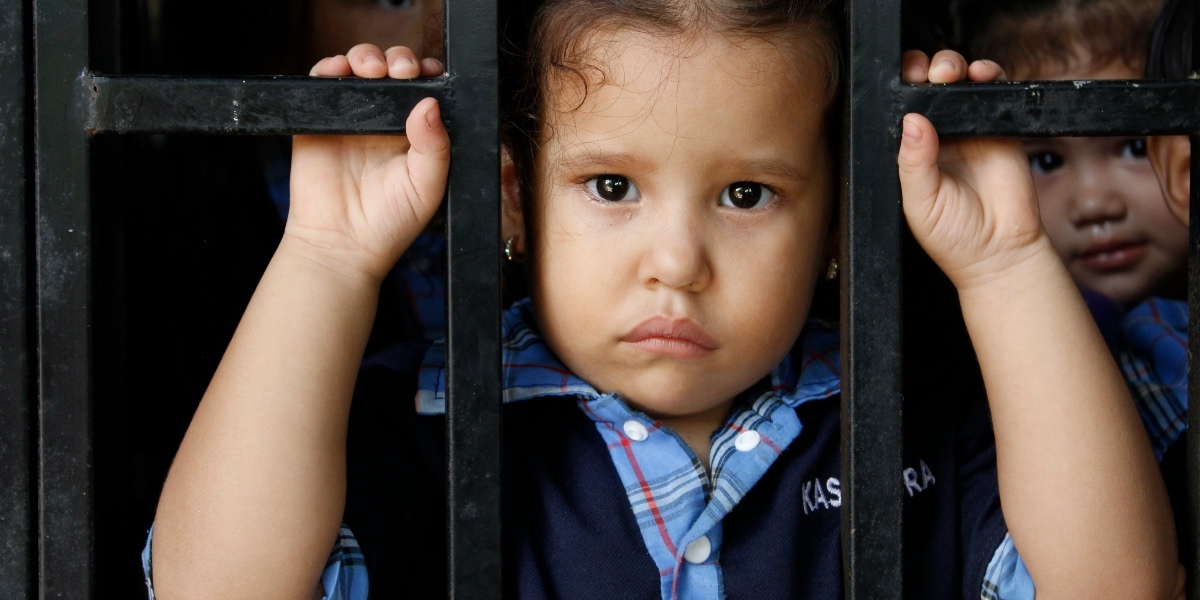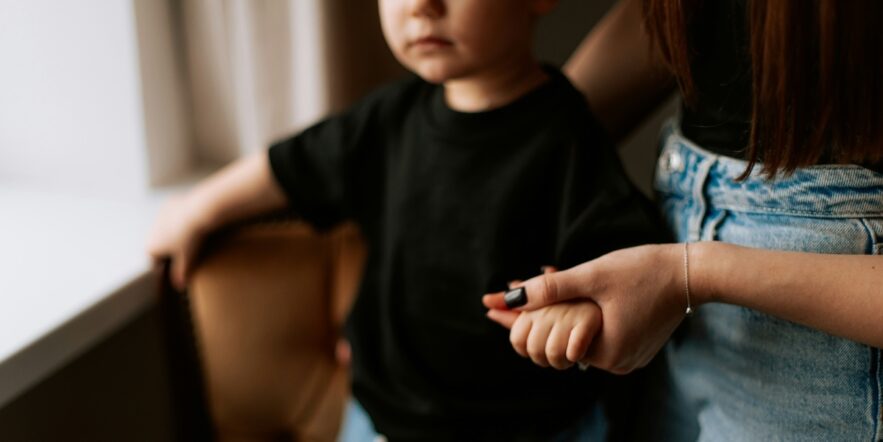BY LAUREN DIXON
KEY TAKEAWAYS
- Pacific Oaks College Social Work programs prepare students for real-world child and family practice through two supervised internships.
- Students develop cultural competency by confronting biases and tailoring support to children from diverse backgrounds.
- The Pacific Oaks Master and Bachelor of Social Work programs are accredited by the Council on Social Work Education through 2032.
The Social Work programs at Pacific Oaks College prepare students to support children and families through cultural competency training, supervised internships, and trauma-informed practice. Children facing unstable home lives or trauma often rely on social workers for guidance, and graduates of Pacific Oaks are trained to address these challenges with evidence-based interventions. “The foundation of the child welfare field is that we want children to live with their families, and thrive together,” says Cassandra Peel, Ph.D., M.S.W., department chair of Social Work at Pacific Oaks College. “Children will do well if they have the support.”
1. How does Pacific Oaks College give online students real-world experience in child social work?
Pacific Oaks requires two in-person internships in which students apply classroom theory in supervised child and family settings.
Pacific Oaks College offers an online program, so Dr. Peel noted that connection needs to be fostered repeatedly. To accomplish this, students learn their theories online and work two internships in person with agencies, putting what they’ve learned into practice with actual people and gaining practical skills on the job.
“In order to learn it, you have to do it, physically,” and look the child in the eye, Dr. Peel says regarding job training. “There are dynamics in person that you must understand to help the family in crisis.” In-person, on-the-job training provides a supportive environment where it is safe to make mistakes (with the supervision of a faculty member and a site supervisor) and where students can receive support when handling challenging scenarios with clients and agencies. This structure creates a model that gives the student responsibility to learn and grow without the added pressure of being employees.
2. How are Pacific Oaks Social Work students trained to handle complex child welfare situations?
Students gain interdisciplinary experience working with psychologists, doctors, lawyers, and educators to prepare for diverse cases.

“We’re one of the most interdisciplinary professions,” Dr. Peel says, adding that school social workers learn to support children by talking with many experts, including psychologists, psychiatrists, other therapists, doctors, lawyers, and teachers. “We work with everybody to ensure that children are having appropriate life situations,” Dr. Peel says.
Pacific Oaks College has a general practice curriculum specialization, so students receive a well-rounded education that teaches them where to find resources and how to tailor treatment to individual needs. Coursework trains students to be effective child welfare social workers at every level, from individual children to larger communities and even policy work.
3. How does Pacific Oaks teach Social Work students to work effectively with children from diverse backgrounds?
Cultural competency training challenges students to set aside biases and tailor support to each child’s unique needs.
To most effectively work with children and parents from all backgrounds, Pacific Oaks College challenges Social Work students to confront their biases, putting assumptions aside so they can best support each child’s unique needs. “Cultural competency is really critical to working with children,” Dr. Peel says.
One example of being culturally competent is not assuming that a child’s guardian is their parent or presuming that children do not struggle with housing insecurity. “Reserve any anticipated thoughts or assumptions about anybody you’re working with,” Dr. Peel says. “It’s just a clean slate.” This cultural humility helps any social worker create a comforting and inclusive environment for a child. Pacific Oaks teaches future social workers to understand contextually what children need, tailoring care and treatment to who they are instead of defaulting to standard practices for every child.
4. How does the Pacific Oaks Social Work curriculum prepare students for real-world child and family practice?
Project-based courses let students design and implement evidence-based interventions that address community needs.
The Master of Social Work Capstone Project at Pacific Oaks College is community-project-based, as opposed to being thesis-based. This means students create projects to practice cultural humility, do what is meaningful to them, and address the problems they are passionate about in the communities they serve.
Students first take a planning course that Dr. Peel teaches, in which they brainstorm social work projects that are meaningful to them, culminating in an action proposal that is implemented in the final implementation course. The final implementation course focuses on putting these ideas into action. Dr. Peel says many of her students already have in mind children and families from their own communities, with the desire to address their communities’ specific needs. Such students are already addressing these real-world problems with their projects, and doing so prepares them for future work at agencies, because they can demonstrate their evidence-based interventions as proven methods for helping clients.
5. How does Pacific Oaks prepare Social Work students for the challenges of child welfare careers?
Coursework on wellness and sustainability equips students to manage trauma exposure and prevent compassion fatigue.
“Let’s not kid ourselves; this is hard work,” says Dr. Peel. “You respond to people’s trauma all day, then you have to go deal with your own stuff and personal life, which might be challenging too.” Social workers often face “compassion fatigue,” Dr. Peel says, and there must be a level of professionalism among the compassion.
To prepare its students for this work, a mandatory class in the Social Work program at Pacific Oaks called Wellness and Sustainability challenges students to reflect on themselves and consider the type of work they can or can’t handle. For example, social work in a children’s hospital means working with sick children, grieving parents, and even death. “That’s not an environment for everybody to work in,” Dr. Peel says.
6. How can Pacific Oaks Social Work students build professional networks to support their work with children?
Partnerships with local agencies and the National Association of Social Workers connect students to mentors and professional resources.

Whether working on their final project or preparing for life after college, students at Pacific Oaks College receive support with connections to local resources, as well as professional organizations for continuing development. For example, Dr. Peel says the college works with Pasadena Unified School District and Boys and Girls Club of Los Angeles, where they train the trainers working directly with children, supporting their families or guardians as much as possible.
To further prepare Pacific Oaks College students for their work post-graduation, the college has partnered with a professional membership organization, the National Association of Social Workers California Chapter (NASW-CA), which is setting the standards of professional practices. Starting in January 2026, this organization will provide community meetings and guidance on professionalism, ethics, and more, including educational courses for Pacific Oaks College students.
How To Start Your Social Work Career at Pacific Oaks College
The Social Work programs at Pacific Oaks College lay the groundwork for future social workers’ best possible success. The Master of Social Work program began in 2020 and is newly accredited as of 2024. Its courses are designed to meet the highest standards, Dr. Peel says, as set by the Council on Social Work Education.
Both the Bachelor of Social Work and Master of Social Work programs received eight-year accreditation with no findings. The Master of Social Work Advanced Standing Program at Pacific Oaks is a one-year master’s accelerated program for for students holding a bachelor’s degree in social work, accelerating the social work degree.
“We have world-class faculty,” Dr. Peel says. “I’ve never worked with a brighter and more talented group of people. They know their stuff.”
Interested in launching your social work career? Start your application today by completing the form below to connect with our admissions team. Discover how Pacific Oaks College can help you achieve your goals.

